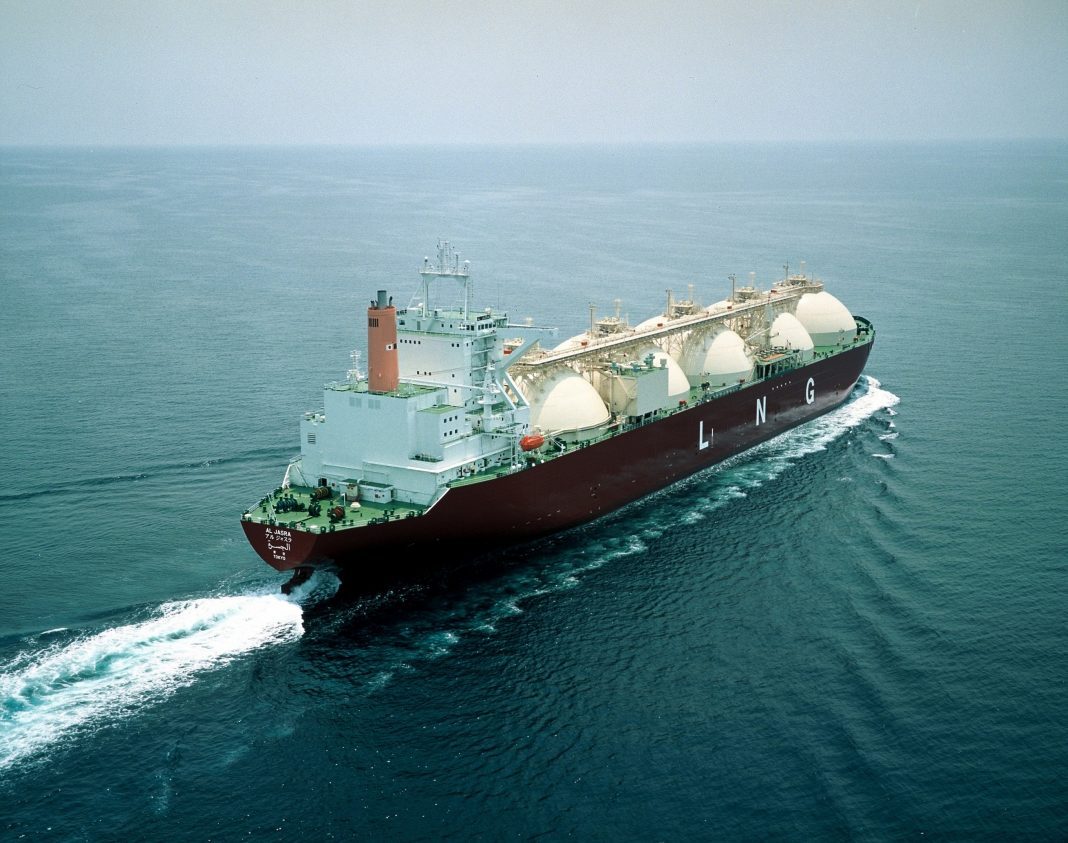Qatar has been trying for years to develop the terminal in Pakistan.
The coalition government has removed all of the obstacles that had slowed the construction of four LNG terminals during the PTI government’s tenure, a senior Pakistani official told The News.
“Ahead of prime minister’s visit to Qatar, the ECC has amended the LNG Policy 2001 for exemption from mandatory Third Party-Access (TPA) to new LNG terminals to ensure sizeable foreign direct investment from Qatar in the Energas Terminal,” said the official.
Pakistan currently has the capacity to import 1.2 billion cubic feet per day of LNG. However, due to dwindling local gas reserves by 9-10% per year, the country’s immediate gas demand is 3 bcfd, while its constrained demand is 6 bcfd.
Pakistan’s only option is to increase its reliance on imported gas until a large discovery like Sui Gas is made.
Energas Terminal is the proposed fourth terminal, with 49% FDI from Qatar. Pakistani shareholders in the Energas Terminal include Lucky Group, Sapphire Group, and Halmore Power. Qatar is the project’s single largest shareholder.
According to other official sources, the Qatari government complained to the previous government about a significant lack of progress on their terminal development. A level playing field at ports, pipeline capacity from Sui companies, and enabling regulations at the OGRA level were among the issues raised by Qatari leadership.
Once completed, the new terminals will be operated without any offtake guarantees or capacity payments from the Government of Pakistan. Tabeer Energy, Energas, Pakistan Gas Port Consortium Limited (PGPCL)-2, and GEI Pakistan are among the four new LNG terminals.
“We have removed all the impediments and fully facilitated the investors. Now, it’s up to them how fast they develop the LNG terminal facilities. All the new LNG operators will arrange LNG supply on their own and sell it to the private sector after regasification. However, they will use the gas pipeline infrastructure for transportation of their product to their clients”, the official said.
The pipeline capacity has already been allocated to and approved by the cabinet for the new LNG terminals Energas and Tabeer. More importantly, the coalition government changed the LNG policy in 2001 in order to fully facilitate the new LNG terminals.
Energas is currently negotiating with the Pakistan government and its entities to build additional LNG terminals on the “merchant model,” in addition to the existing two terminals built with government guarantees and processing fees.
The terminal construction project began in 2016. For the past seven years, merchant terminals have been in the works. However, one of the primary reasons for the private sector’s inability to progress is a lack of government facilitation. The monopolies of the Sui Gas companies have created significant roadblocks in allocating pipeline capacities for private terminals.
If the private terminals had been approved, Pakistan would have been able to secure five additional cargoes at rates ranging from $5 to $7.
The Energas Terminal has its own private gas demand from its private shareholders, which includes power, cement, automobile, textile, chemicals, and real estate. They have been attempting to build their own terminal due to their own captive demand.
Following the Ukraine war, the German government approved four new terminals within six months, whereas Qatar has been trying for years to develop the terminal in Pakistan.
The PM’s trip this week will be an important litmus test for the new government in determining whether it can facilitate much-needed Qatari investment in Pakistan.
Qatar has reportedly requested a number of items, including the ECC decision on regulatory clarity.
“If this chance is missed, Pakistan may not be able to develop a terminal for the next many years and will be hounded by a significant shortage of gas,” sources told The News.
Qatar has already received regulatory approval to secure the company’s shares, but it is still waiting for approval from the three ministries of Petroleum, Maritime, and Finance, on outstanding items.
Officials hope that all of these issues will be resolved before the prime minister’s visit to Qatar this week, reports say.







